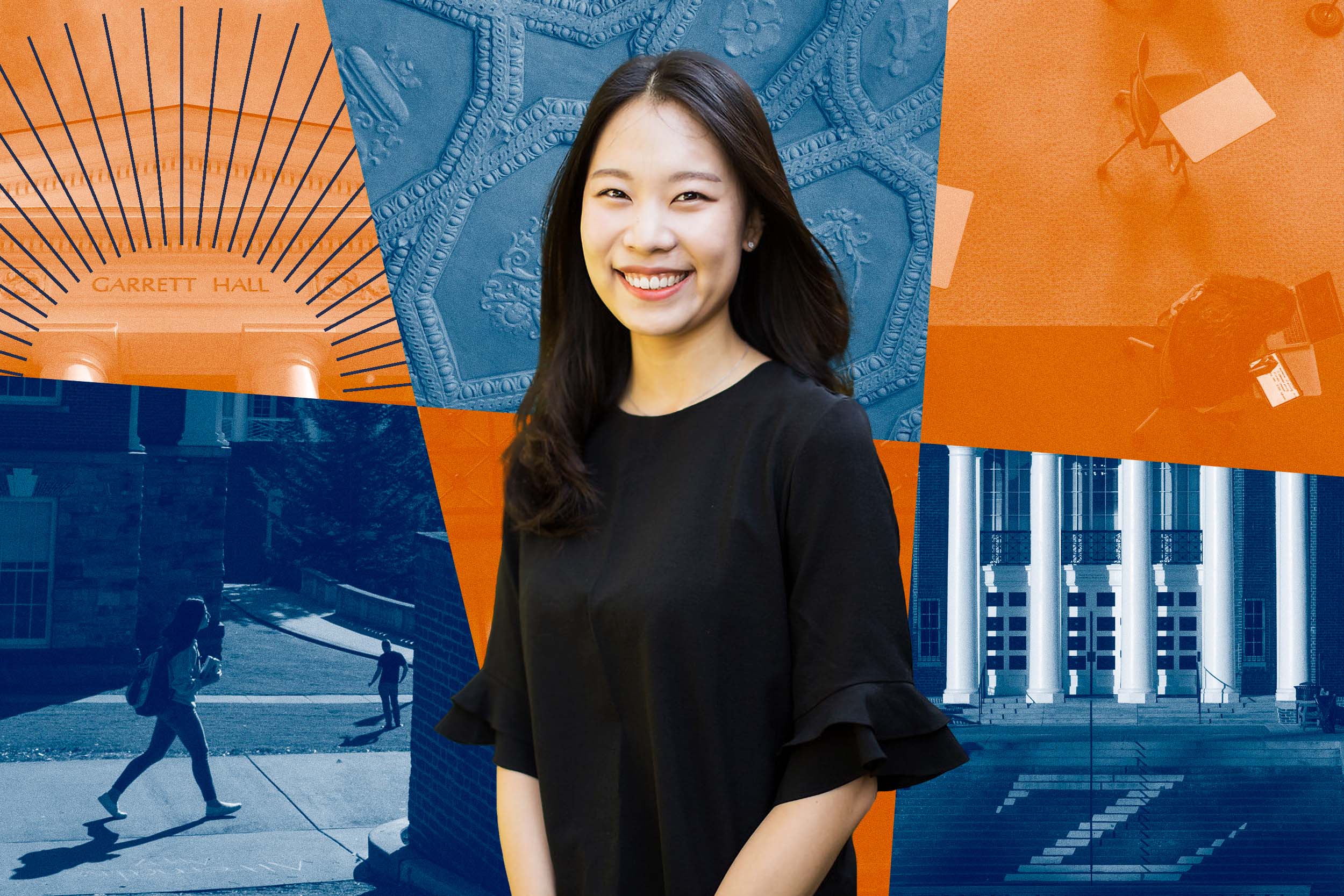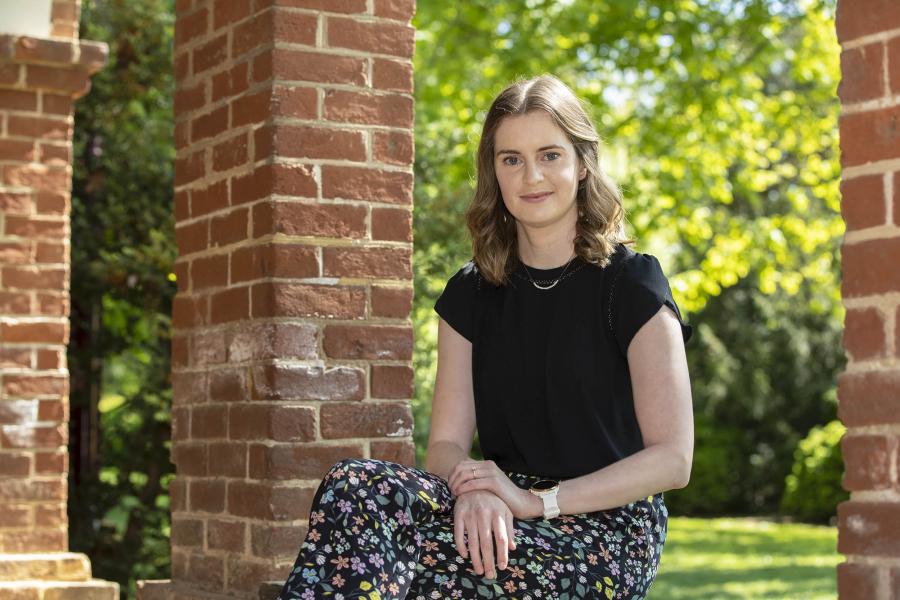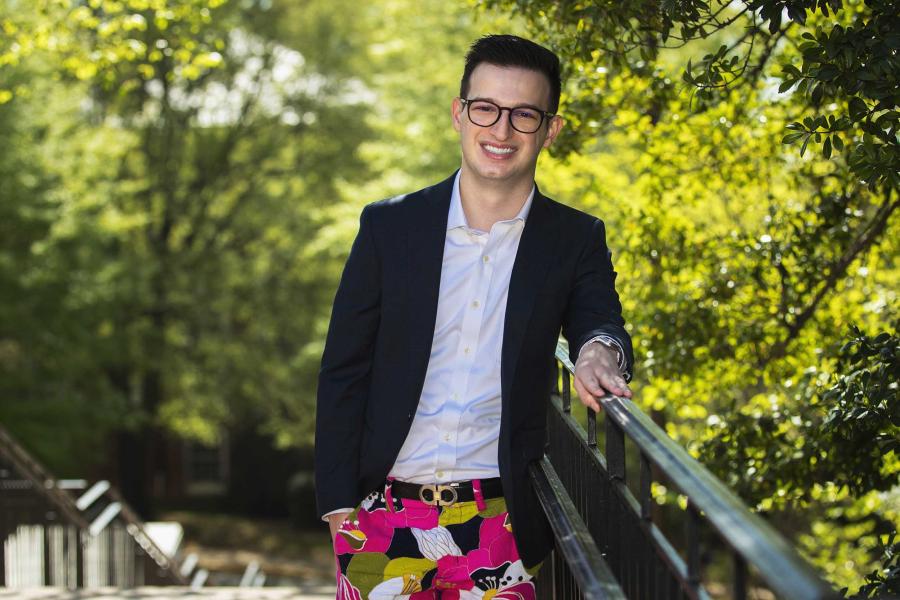When Joy Kim was 17, she came home from school and found her two younger sisters crying on the living room floor. Kim’s adopted sister, who was 7 at the time, had been bullied at school.
“Her best friend had told everyone in public, in the classroom, that she was an adoptee and that she was found in a trash bin,” Kim said.
Kim grew up in South Korea, where adoptive families such as hers face serious stigma. Confucianism, which stresses the importance of bloodlines, remains a strong influence in Korean culture, and people who belong to families that include adopted children often keep their identity a secret. “It was like being a minority,” Kim said.
Furious that her sister had been targeted, Kim considered calling her teacher or even the principal. But her mother had a different idea. “She asked the teacher if she could come in and be a guest speaker, so that she could educate the children about adoption,” Kim said.
The moment was pivotal for Kim. She watched her mother, who had primarily worked as a stay-at-home mom, transform into a passionate advocate for adoptive families, speaking at many different schools and even publishing two books on the subject. Tagging along with her mother to biweekly meetings for the advocacy group Mission to Promote Adoption in Korea, Kim learned more about the hardships adoptees experience, and she started thinking about the struggles of kids everywhere.
“It really ingrained me with a sense of the vulnerable position of children,” Kim said. “They don’t have a voice. They need a speaker. So I thought, ‘Maybe I can be that speaker.’”












